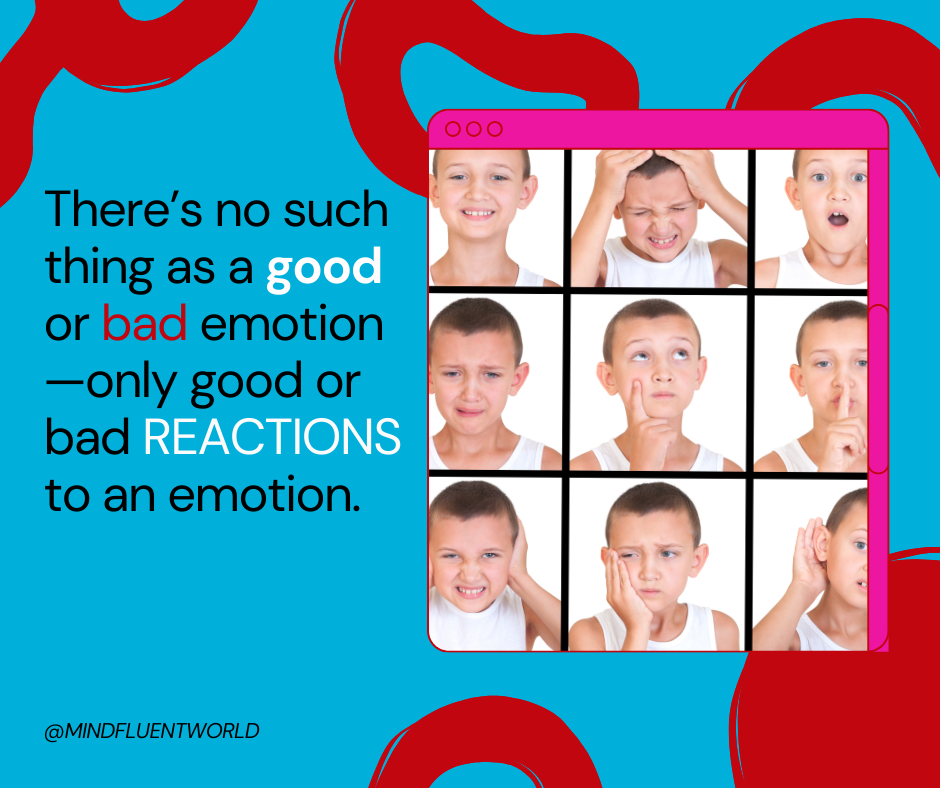
What if emotions are overrated? What is exactly is their role?
What if emotions are overrated? What is exactly is their role?
Think about this – We don’t walk around every day of our lives with overwhelming emotion. We mostly have opinions, perspectives and thoughts about various people and things that happen to us. And we have those because of the people that we are – how we’ve been raised; where we were raised and by whom; our birth order; whether or not we were wealthy or poor or somewhere in between; life events that happened to us, etc. All these things and more influenced who we are and our perspective of the world.
We’re reactionary creatures in real life. Things happen to us and we feel a certain way about those things. And so does a character. So if for example you’ve done your character work, these opinions and thoughts, and truthful character behavior will pop up naturally in the scene. Let it. Let yourself take the ‘journey’ of the scene, going moment to moment – and forget about the need to nail the emotion. You just might surprise yourself at the emotion that comes!
There’s no such thing as a good or bad emotion—only good or bad reactions to an emotion.
Anger can be productive. Disappointment can be educational. Frustration can be transformative. Happiness can be misleading. Empathy can be wearing you down, just as compassion needs nurturing.
Focus less on the emotion itself and more on how you choose to react to it. This means the emotion is not the thing itself, it is a tool provided to us to navigate through this world better, they are like road signs, they let us know what things are good and what and where do we need to be weary. Emotions are meant to educate us in the sense that we have more control in ourselves and in our life.
So why emotions are overrated? Where do most people go wrong when handling their emotions? What is the purpose of emotions?
The purpose of emotions is to provide you with feedback on what is good and bad for you. However, many people fixate on and identify with their emotions, which leads to failure and excuses.
We like the idea of being happy and problem-free all the time, we can’t be. But we still try. We fixate on our emotions, misunderstanding their function and allowing them to lead us in the wrong direction. That’s why emotions are overrated.
The purpose of emotions is to give you feedback, telling you that something is good or bad for you. Emotions point you toward useful change. They are the best equipment we have for growth, but many people don’t know how to get good at using them to their advantage.
Negative emotions are a signal to take action. For instance, feeling sad because we are alone teaching us not to do the things that created our loneliness in the first place.
Positive emotions are a reward for doing the right thing. They tell us well done. Meaning what we did it was right and signaling us to do more of the same.
Mishandling Your Emotions
Here’s where people go wrong in handling their emotions:
They over-identify with how they feel. They use their emotions to justify their actions: “I broke your windshield, but I was really mad and couldn’t help it.” Or, “I dropped out of school and moved to Alaska because it felt right.” Emotions are part of life, but not the be-all/end-all.
They make decisions based on emotion, without applying reason. Children do that, but it doesn’t work for adults. Perhaps this is why many people remain children inside them, because they make their decisions emotion based, just like children do.
They fixate on their emotions. This leads to failure because emotions are overrated and fleeting: What makes us happy today won’t do so tomorrow, because our biology drives us to keep seeking further satisfaction.
Fixating on feeling good or happy drives us to constantly pursue a holy grail, which we don’t reach; not reaching it makes us feel inadequate. Psychologists call this the “hedonic treadmill”: Even though we work hard to change something in our lives, we end up feeling the same.
Everything comes with a built-in negative or sacrifice. The thing that initially makes us feel good also has a negative side. For instance, the person we marry is also the one we fight with. The job we sought becomes a source of stress.
They put too much trust in their emotions. We shouldn’t always trust our emotions: The fact that something feels good or bad doesn’t mean that it is. We should get into the habit of questioning our emotions. Emotions are suggestions, not dictates or final verdict to do something. As Oscar Wilde encapsulates “I don’t want to be at the mercy of my emotions. I want to use them, to enjoy them, and to dominate them.”
Therefore, today I want all of you to think on how we can master and control our emotions, think of how they affected your day, and your week? In what ways have you overestimated your emotions and let them dictate how you behave and how you see the world? Where has this gotten you?
Think of a negative emotion you’re dealing with right now or have dealt with lately. Now, ask yourself, how could that negative emotion be a good thing? What would it take to make it a good thing? What could you do to make it the best thing that ever happened to you?
©Mindfluent World

